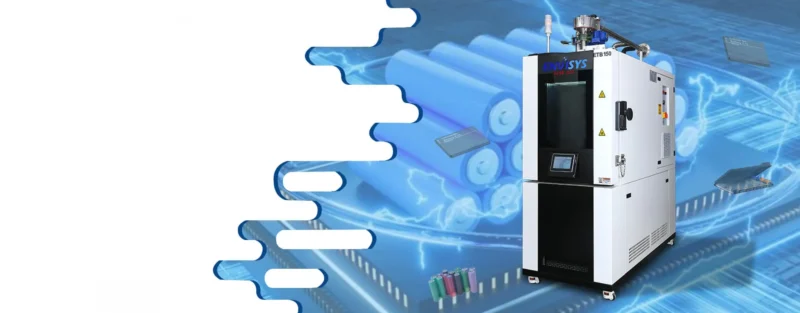Delving into the realm of battery test chambers opens up a world of possibilities beyond simply measuring charge. These specialized chambers offer a wide array of capabilities and applications that go far beyond their primary function.
From testing the performance and longevity of batteries under different conditions to analyzing their thermal behavior and safety features, battery test chambers have become indispensable tools in the field of energy storage research and development. In this article, we will explore the various capabilities and applications of battery test chamber, shedding light on the crucial role they play in shaping the future of battery technology.
Types of Battery Test Chambers
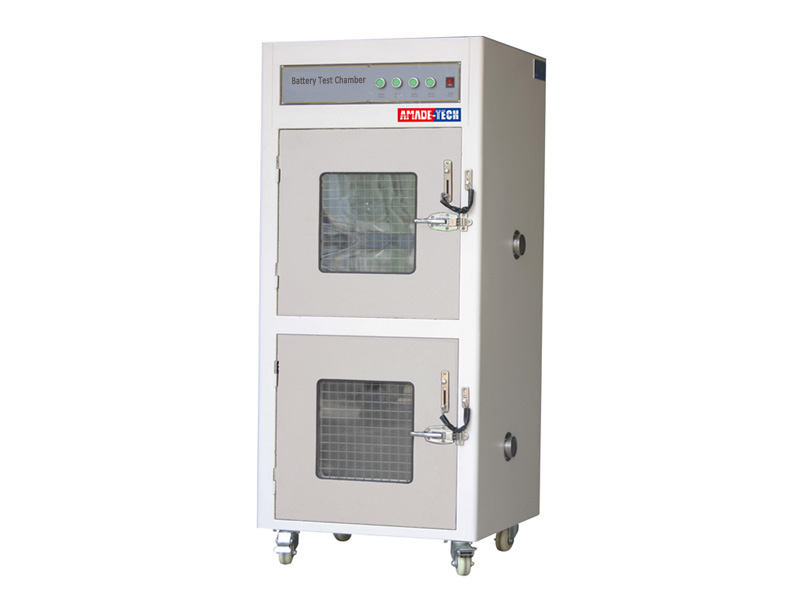
Battery test chambers come in a variety of types to meet the diverse needs of testing and evaluating batteries. One common type is a temperature-controlled chamber, which allows for precise control of temperature conditions to simulate real-world environments.
Another type is a humidity chamber, which can simulate high humidity levels to test how batteries perform in humid conditions. Additionally, there are vibration test chambers that subject batteries to varying levels of vibration to assess their durability and reliability.
These different types of test chambers provide researchers and manufacturers with the tools they need to thoroughly evaluate batteries and ensure they meet performance standards.
Applications of Battery Test Chambers
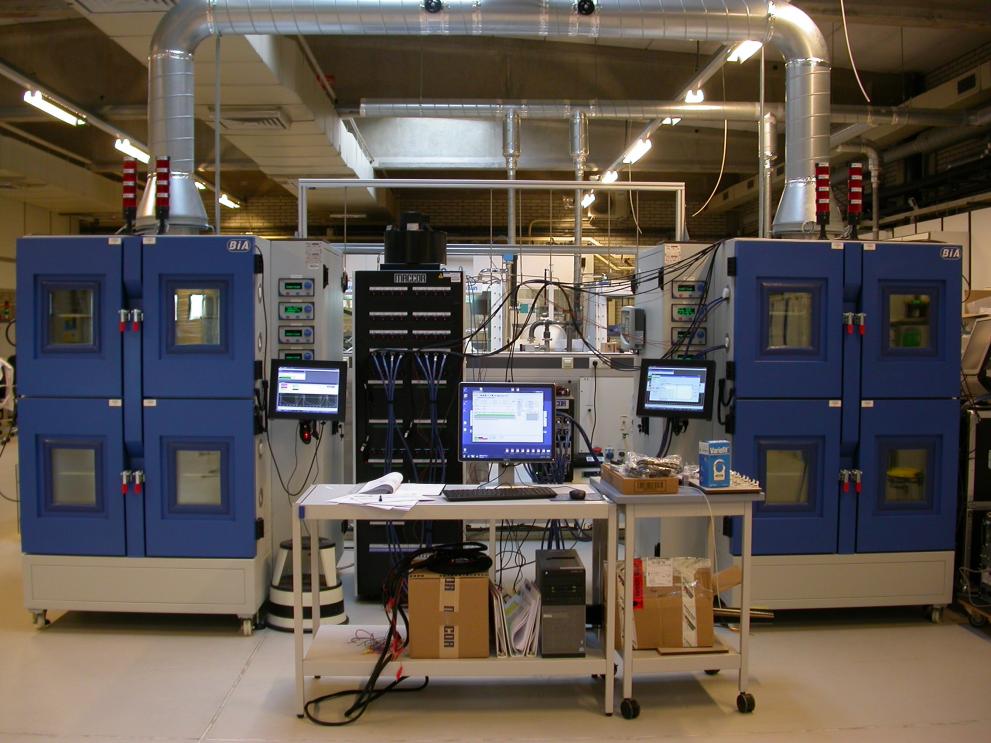
Battery test chambers are essential tools for assessing the performance, safety, and reliability of batteries used in various industries. These chambers simulate a wide range of environmental conditions, such as temperature, humidity, vibration, and pressure, to determine how batteries will perform in real-world applications.
The applications of battery test chambers are diverse and include testing batteries for electric vehicles, consumer electronics, medical devices, and renewable energy systems. Additionally, battery test chambers are used for research and development purposes to improve battery efficiency, lifespan, and overall performance.
Overall, these chambers play a critical role in ensuring that batteries meet safety standards and perform optimally in a variety of applications.
Advancements in Battery Testing Technology
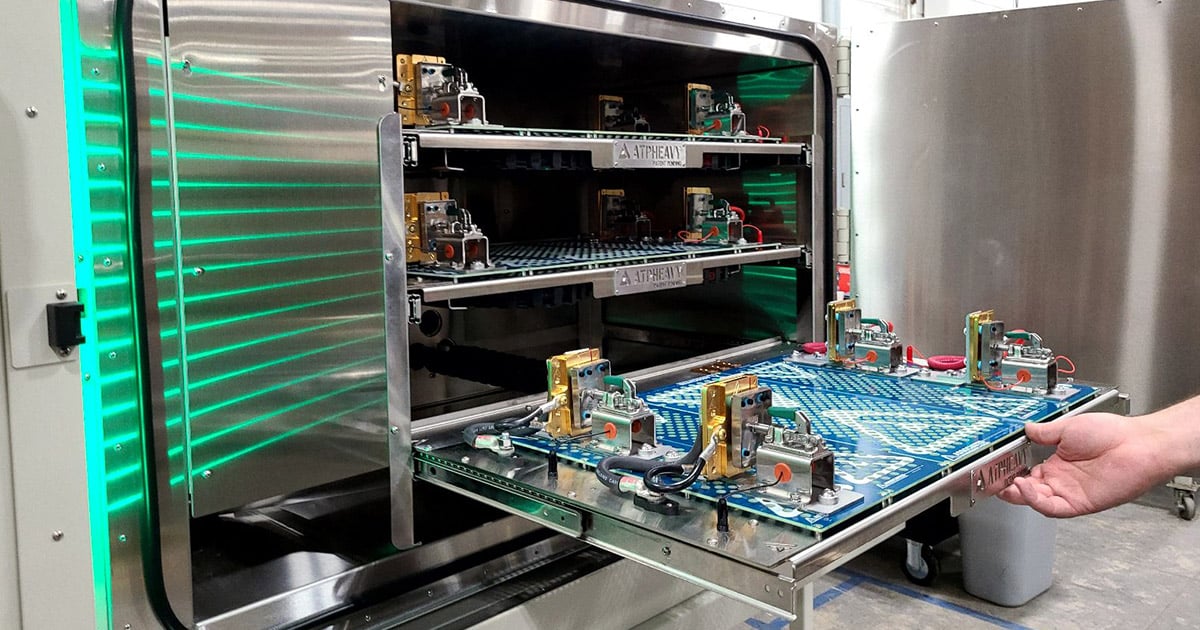
Recent advancements in battery testing technology have revolutionized the way we assess and evaluate the performance of batteries. From the development of sophisticated test chambers to the use of cutting-edge analytical tools, researchers and manufacturers are now able to gather more detailed and precise data than ever before.
These advancements have not only improved the accuracy of battery testing but have also expanded the capabilities of these evaluations. With the ability to simulate real-world conditions and customize testing parameters, battery test chambers are playing a crucial role in the development of more efficient and durable energy storage solutions.
As we continue to push the boundaries of battery technology, the ongoing advancements in testing technology will be essential in ensuring that these innovations meet the demands of a rapidly evolving market.
Case Studies: Real-world Applications of Battery Test Chambers
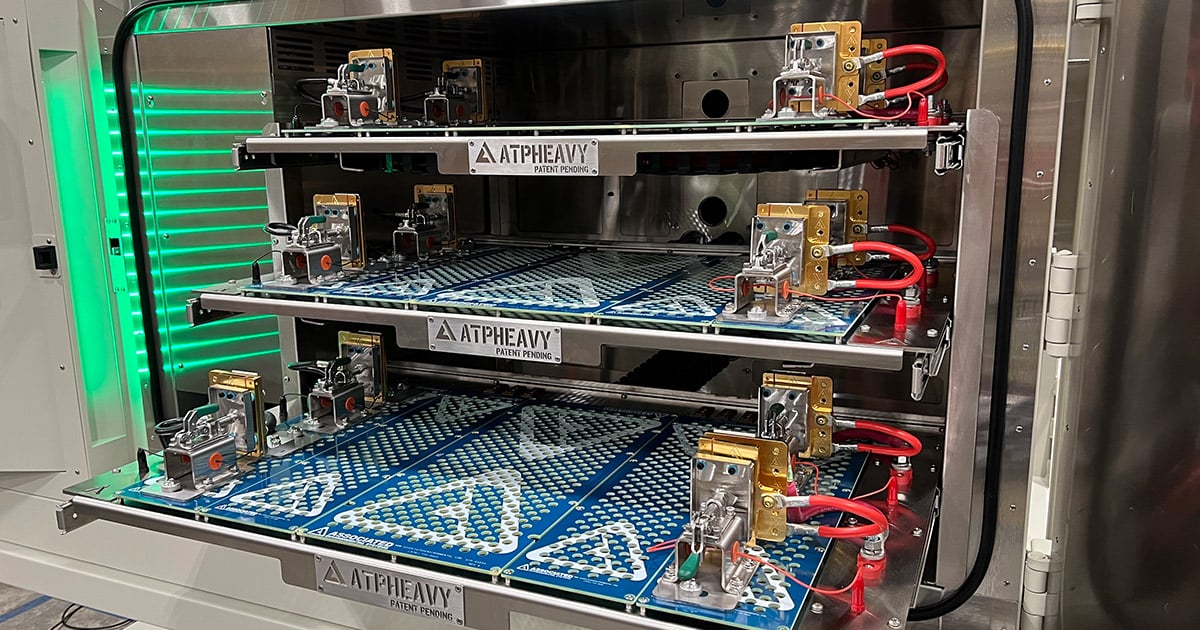
Through a series of case studies, the real-world applications of battery test chambers come to life, showcasing the diverse range of industries and scenarios where these specialized chambers play a critical role. From testing the durability of batteries in electric vehicles to ensuring the reliability of backup power systems in critical infrastructure, these case studies demonstrate the versatility and importance of battery test chambers in today’s ever-evolving technological landscape. By highlighting the challenges faced and the innovative solutions provided by these chambers, these case studies offer valuable insights into the capabilities and potential applications of this essential testing equipment.
Conclusion
In conclusion, battery test chambers play a crucial role in the development and testing of batteries for various applications. With the ability to simulate real-world conditions and provide accurate data on performance, safety, and longevity, these chambers are essential for ensuring the reliability and durability of batteries.
From the automotive to aerospace industries, the applications of battery test chambers are vast and diverse, highlighting their importance in advancing battery technology. As advancements continue to be made in the field of energy storage, the role of battery test chambers will only grow in significance, facilitating innovation and progress in the realm of battery technology.
